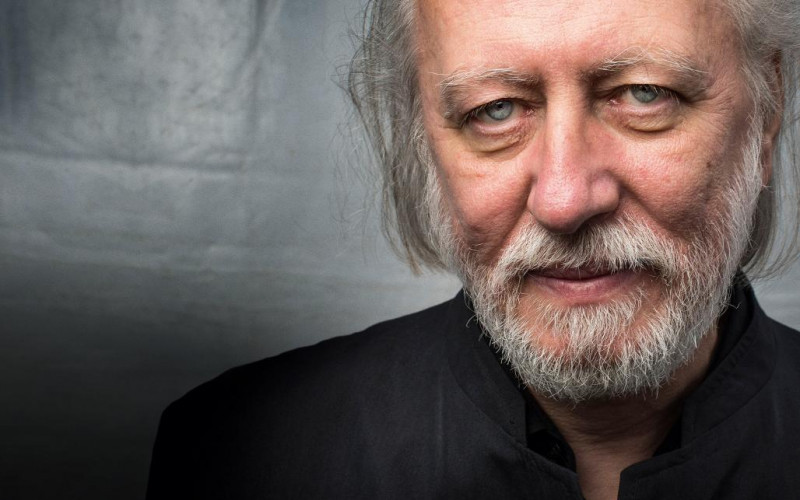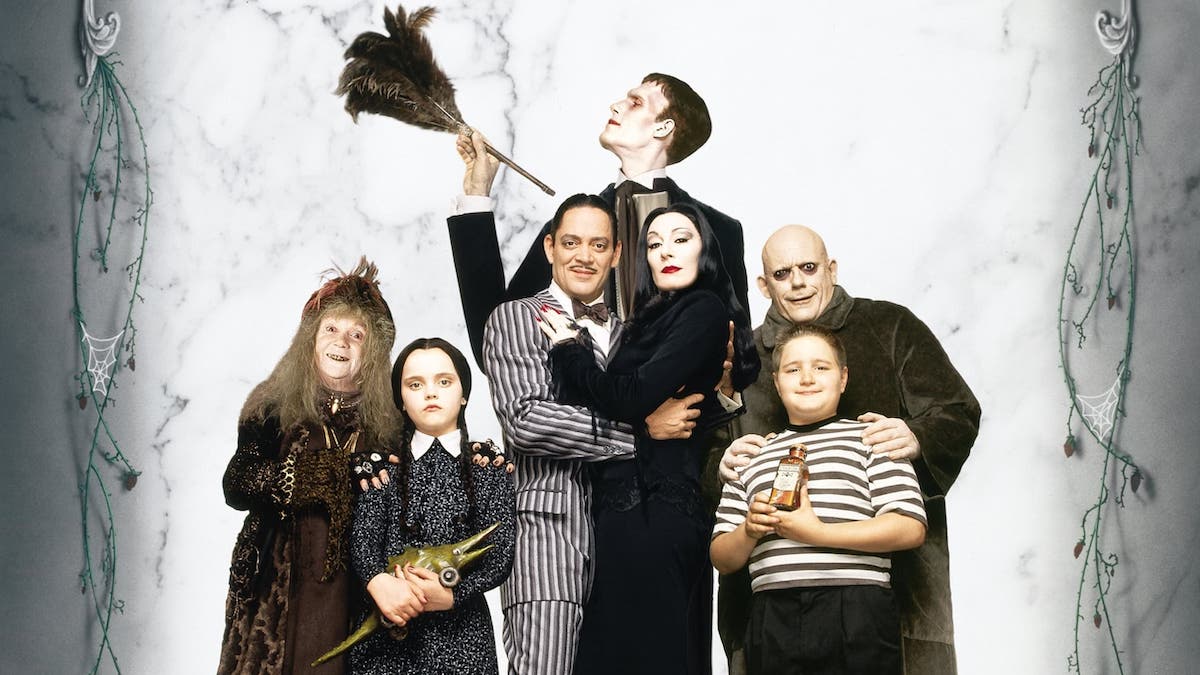The Nobel Prize winners for 2025 are announced between Oct. 6 through Oct. 13, with each day dedicated to a different category. On Oct. 9 the Nobel Prize for literature was announced at the Swedish Academy in Stockholm, awarded to Hungarian writer László Krasznahorkai. The author joins a distinguished list of literary greats such as Ernest Hemingway and Toni Morrison.
Born in Gyula, Hungary, in 1954, Krasznahorkai showed an early interest in language and literature. In college, he initially studied law before switching to Hungarian language and literature. Two years after receiving his degree, he published his debut novel “Sátántangó.” The book was an immediate success, and the film adaptation became famous for its seven-hour running time.
After the fall of the Eastern Bloc, Krasznahorkai traveled extensively and his work is heavily influenced by his time spent abroad. Despite these travels and a brief stint in Berlin, Krasnahorkai now lives reclusively, splitting his time between Hungary, Germany and Vienna. At 71, his body of work is extensive, including numerous novels, short stories and essays, earning him a reputation as one of Europe’s most original and challenging authors.
“I’m very happy and very proud,” Krasznahorkai said in an interview with the Nobel Prize committee, expressing both joy and melancholy, later adding much of his work is inspired by bitterness. “I am very sad when I think of the status of the world now.”
Krasznahorkai’s writing continues the tradition of great central and eastern European authors such as Franz Kafka. His novels are known for their long winding sentences and themes of isolation, despair and the absurd. His early experiences growing up in communist Hungary features strongly in his work, and “Sátántangó” predicted the fall of the communist regime just a few years before it occurred.
While Krasnahorkai’s work is widely celebrated, the Nobel Prizes are not without their share of controversy. Established by Swedish inventor, Alfred Nobel, to honor achievements in science, literature and peace, the prizes have long been criticized for their biases and omissions. Notably, there is no Nobel Prize for mathematics.
The majority of Nobel Prize recipients have been European, with a disproportionate amount of them from Sweden. In 2016, the decision to award singer-songwriter Bob Dylan the Nobel Literature Prize received sparked intense debate about what is considered literature. Many critics argued that the award should have gone to a traditional author or poet.
Beyond literature, the Nobel Prizes reflect political tension and differing views of merit. Former U.S. President Barack Obama was awarded the prize for peace, just nine months into his first term as president. More recently President Donald Trump claims he deserves the same honor, saying he should have received the Nobel Peace Prize four or five times already.
The controversies put into perspective how the Nobel Prize’s true intent has evolved over the years. Alfred Nobel aimed to reward those who “conferred the greatest benefit to mankind.” While some argue that the awards have strayed from that vision, for Krasznarhorkai the award is recognition of decades of work that has influenced readers around the world. His stories, filled with introspection, remind of literature’s power to reflect the human condition.








